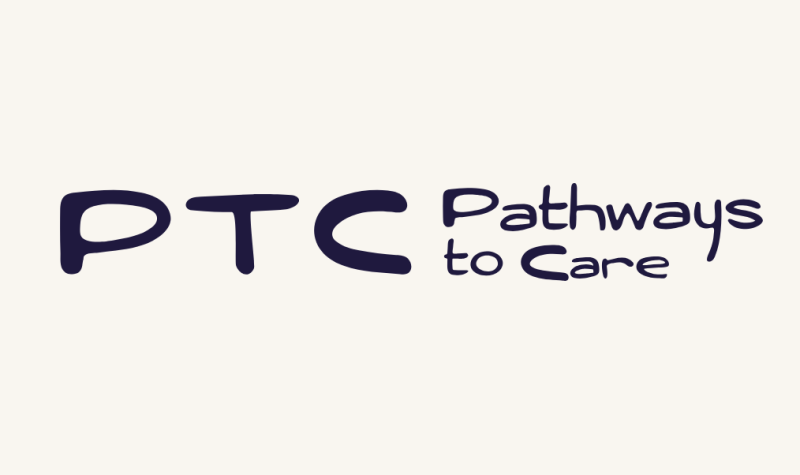A lack of mental health resources for Black children and youth led the Black Health Alliance (BHA) to create "Pathways to Care," a project that is working to improve the current system of services available to Black children and youth in Ontario.
Pathways to Care is a five year project that started in 2015 after the BHA started engaging and brainstorming with many mental health professionals and community coalitions. During the community consultations, the BHA learned that there was a lack of culturally confident mental health supports for black children. The organization then partnered up with TAIBU Community Health Centre, Wellesley Institute, the Centre for Addictions and Mental Health (CAMH) and East Metro Youth Services and the project began formally in 2018.
Dr. Fathimah Jackson-Best, a public health researcher who specializes in mental health, is the project manager with a team of four.
The Pathways to Care team is currently working on two pieces of research and conducting focus groups with schools, community providers, caregivers and black youth. There's also a social network analysis survey going on, aimed at questioning mental health service providers that are employed in different districts and school boards.
Melissa Booker, the research administrative coordinator for the project, said the main deliverable of the project is to develop a strategic framework for organizations to use along with a treatment protocol.
"So they have a document that explains the correct conduct and procedures, if you will when dealing with black children," she said.
Booker reiterated that the primary goal is to improve mental health care and addiction services for Black children and youth. The Pathways to Care team is working towards the goal by first conducting research and organizing community engagement activities (like webinars, workshops, etc.) on different mental health topics made for Black communities.
The team believes there are gaps in the health care system that need to be addressed including any wait times, financial barriers and geographic barriers. Booker said that many Black youth have mentioned that their experiences of racism and discrimination by health care providers have been really stressful for them. They said that by having mental health providers who look like them, and better represent their communities, it would make a great impact.
"...Putting more counselors in schools, I think we really need to kind of involve everybody, black and white and different types of organizations need to make this a priority and kind of learn about anti-Black racism, for sure that'll help," Booker said.
The Pathways to Care project wants to increase and improve access to mental healthcare for Black children, youth and their families who live in six key regions in Southern Ontario: Ottawa, Toronto, Windsor, London, Hamilton and Kitchener-Waterloo. Once they're finished collecting and analyzing data from those target cities, and depending on their program evaluation, expanding nationwide may be in the works for the research.
Booker said there needs to be a heavy system level approach — including municipal, provincial and federal levels — for the mental health system to address the needs of Black Canadians but that the project is a start for youth and children in Ontario.
Here is Melissa Booker, speaking with CHUO:


